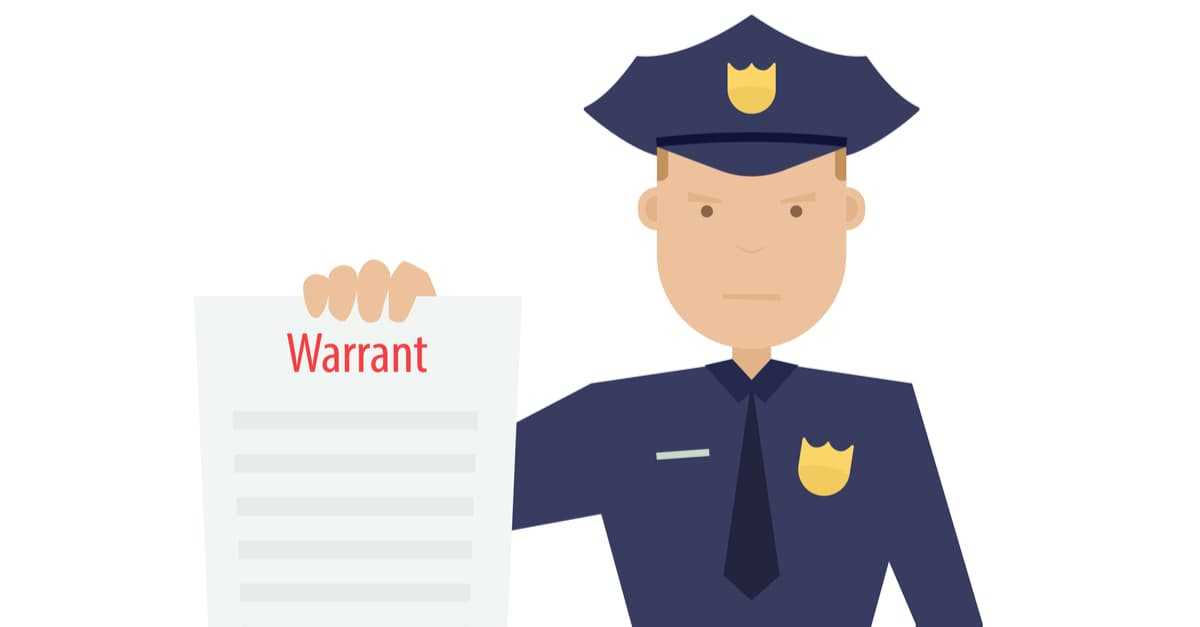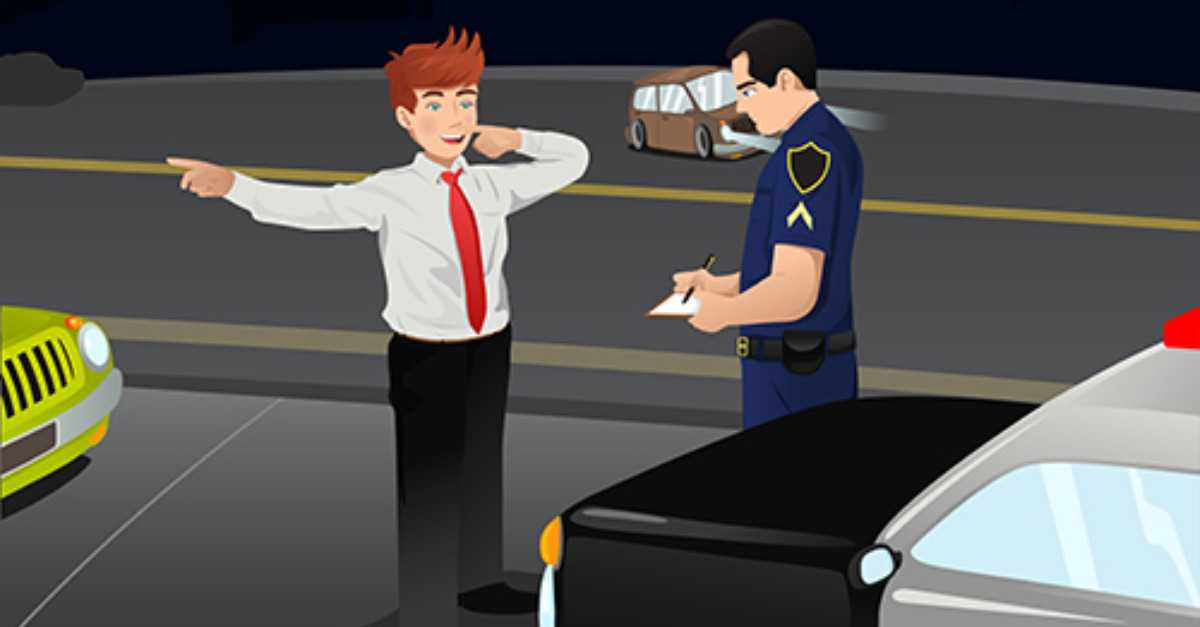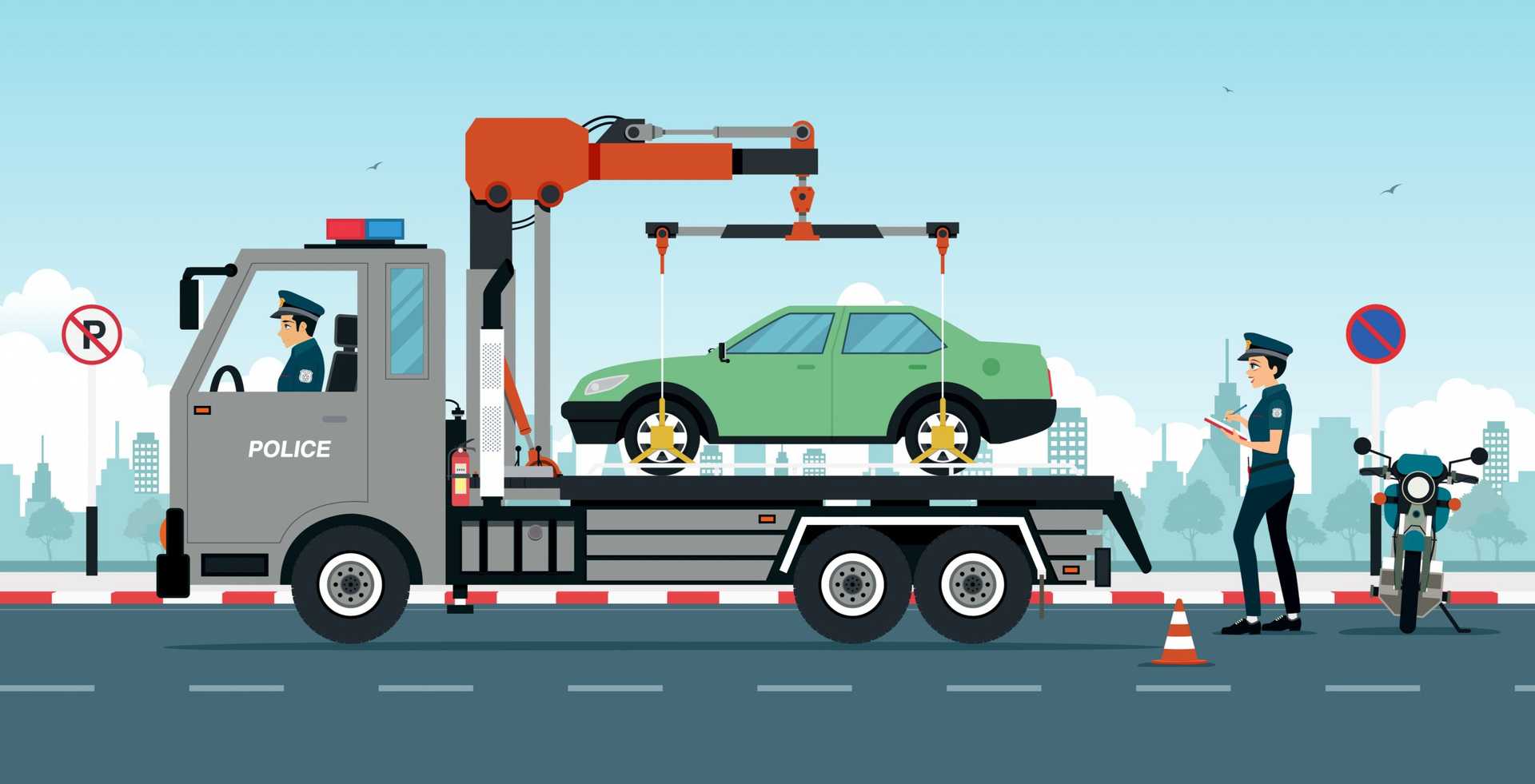Who Can Find Out About My Arizona DUI Arrest or Conviction?
If you are convicted of DUI in Arizona, this information will be shared with various governmental entities and private parties can also access the information through certain channels. Even before you are convicted, there could be certain parties that receive notice of your arrest. This means that, in addition to jail time and restrictions on your ability to drive, even the accusation of a DUI can have long-lasting impacts on your ability to work in your profession, your professional reputation, your immigration status, and even your ability to travel to certain other countries.
Arizona and Other States Share Information About DUIs
Arizona is part of the interstate Driver’s License Compact, so if you have a license from another state that is part of the Compact, Arizona will report your DUI conviction and license suspension to your home state. Additionally, your home state can impose a different penalty than Arizona that could be more severe than those in Arizona, such as a longer period of license suspension. Furthermore, if you have had prior DUIs in your home state, you could face harsher consequences because you might be considered a recidivist.
Federal Government/Immigration
Once you have been fingerprinted and charged with a DUI, your arrest record will now be in the FBI fingerprint database. This means that anytime you are fingerprinted in the future by a federal agency (or by any law enforcement or private entity that checks against this database), your arrest will show on the record. The disposition of the arrest will also usually be visible, so if you are ultimately not convicted, the record should also show that, but this could still affect your ability to get a federal job, for example. Additionally, if you are not a U.S. citizen and you apply for a U.S. immigration benefit or U.S. visa in the future, the officer adjudicating your benefit will know about the arrest, as will officials at the U.S. ports of entry.
If you were arrested for the DUI while in the U.S. with a non-immigrant visa, the Department of State will receive a notification of your arrest. While a DUI arrest or conviction is not a criminal visa ineligibility, your visa could be revoked due to a potential medical ineligibility (alcoholism with harmful behavior.) Then, you would have to apply for a new visa and receive a medical screening by an Embassy-approved panel physician.
Employer/Schools
If you went through some type of background check for your current job, you might be required to disclose any arrest and/or conviction to your employer. Many types of jobs that require professional licensing or security clearances have this requirement. If your job requires an Arizona fingerprint clearance card, your employer or professional licensing organization may receive a notification of your arrest. If you consent to any type of background check for prospective employment, the employer will almost certainly find out about your DUI.
If you are a student or faculty at a university and you are arrested by campus police for a DUI, your school might also receive a notification of your arrest. There are some university programs, such as nursing, where a DUI conviction could affect your ability to participate in the program.
Other Countries
The U.S. shares portions of the FBI criminal database with law enforcement in other countries. A DUI conviction will render you inadmissible to some of these countries, such as Canada. Canadian border officials now have access to U.S. warrants and convictions at primary immigration inspection, and you can be turned away at the border if you have a prior DUI.
General Public
There are now many free public records search engines that can be utilized by anyone. Typically, the searcher would need your name and date of birth to search these records and might also need to know the jurisdiction in which you were convicted. There are also paid subscriptions to services that are utilized by private companies that perform background checks and some of these services search across public databases to find information about arrests and convictions. Unfortunately, some of the information that is gleaned through these searches can be inaccurate and this can result in big inconveniences if you happen to be the one affected.
If you are arrested for a DUI, a criminal defense attorney can help to mitigate some of the collateral consequences that result from all of the above entities being notified of your arrest. A criminal defense attorney that specializes in collateral consequences can also advocate on your behalf to professional licensing boards, governmental agencies, and help you to correct inaccuracies in your criminal record.
Recommended Articles

Driving under the influence (DUI) is a serious crime in Arizona. If you have been arrested for DUI, it is important to understand your legal rights.

This blog will address what you can do to win a DUI case for parked cars and how to avoid, hopefully even getting charged.

The Supreme Court in a 9-0 opinion held that when a minor offense alone is involved, police officers can't enter the home without a warrant.

First, let’s figure out what kind of DUI it is. They’re usually misdemeanors unless there’s been an accident.

Today we’re going to talk about parked cars. Police sometimes approach you when you’ve legally parked a vehicle and are using it as a stationary shelter.

About Tiffney Johnson
Tiffney Johnson is an immigration attorney in Tucson, Arizona. Tiffney has significant experience in the field of consular "crimmigration" (visa eligibility consequences of criminal convictions), complex citizenship issues, and visa and passport policy. She also focuses her practice on O visas for performing artists and procuring national interest waivers for self-employed professionals applying for immigrant visas. Prior to law school, she served as a consular officer with the U.S. Department of State for 15 years.



